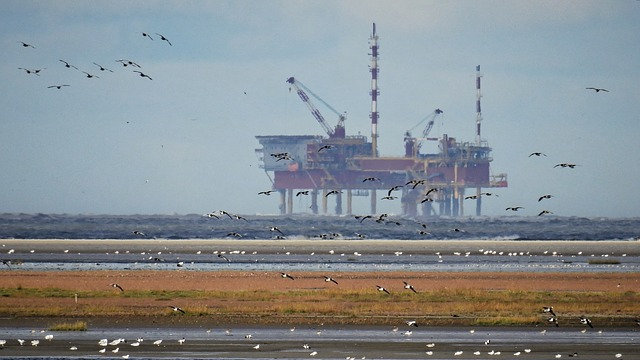The price of West Texas Intermediate (WTI) crude oil has seen a notable increase of over 1%, reaching approximately $70.20 per barrel on Monday in Asian trading. This uptick is primarily linked to the OPEC+ coalition’s decision to postpone a planned output increase. The OPEC+ group, which includes the Organization of the Petroleum Exporting Countries and allies such as Russia, made significant announcements regarding its production strategy.
On Sunday, OPEC+ decided to extend its production cuts by 2.2 million barrels per day through the end of December 2024. This move comes amidst concerns of weak demand and increasing supply originating from non-OPEC sources. The coalition underscored the need for all member countries to adhere strictly to production targets and indicated plans to address any overproduction identified by September 2025.
Market participants are also eyeing the upcoming US presidential election, where a closely contested race is unfolding between Democrat Kamala Harris and Republican Donald Trump. Recent polling data suggests a tight competition in seven critical states, with Harris leading slightly in Nevada, North Carolina, and Wisconsin, while Trump retains a narrow edge in Arizona. The races in Michigan, Georgia, and Pennsylvania are virtually tied. These polls, conducted from late October to early November, show all potential outcomes fall within a small margin of error.
Additionally, attention is focused on the US Federal Reserve’s forthcoming policy decision. Analysts anticipate a modest quarter-point reduction in interest rates this week, supported by a very high probability indicated by financial market tools.
Meanwhile, in China, the National People’s Congress is meeting in early November, expecting to approve new stimulus measures to support a faltering economy. Such initiatives could potentially elevate oil prices further, given China’s status as the world’s largest oil importer.
